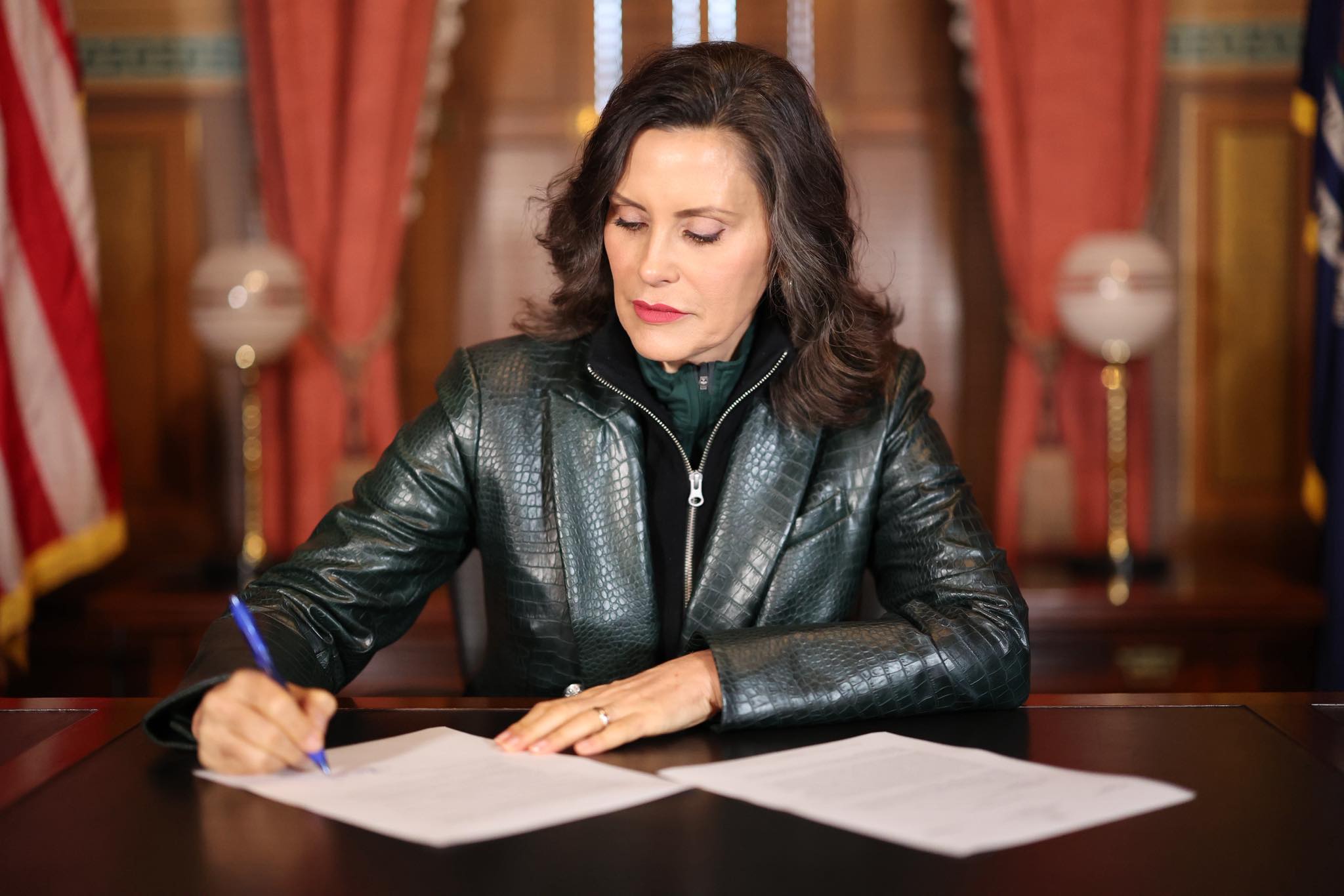As an IRS contact representative, Sherelle Pratt was tasked with tackling confused tax filers' most complicated questions. Instead, authorities said Tuesday, she left them with a more burning concern: What happened to their tax returns?
A federal grand jury indicted Pratt, 49, of Philadelphia, on charges of theft, identity theft, and filing false returns — all stemming from an alleged scheme in which she pocketed nearly $29,000 in tax-refund money meant for nine of her clients.
Investigators with the Treasury Department and the IRS began probing Pratt's work in 2009, after the father of one client questioned what happened to a $958 tax return and $600 stimulus check he believed his son was owed. They later found that the money was deposited in Pratt's personal bank account, according to court filings.
Further digging revealed that Pratt had allegedly filed for a $3,524 tax refund on behalf of another client without his knowledge.
In other cases, she purportedly pushed clients to claim dependents and child-care and business expenses for which they were not eligible.
Sometimes, prosecutors said, Pratt passed the money along. In others, she split the proceeds with her clients, prosecutors said.
It was not immediately clear Tuesday whether Pratt had retained a lawyer. She did not return calls for comment.
A six-year veteran of the IRS, she has been suspended pending the outcome of her case, the U.S. Attorney's Office said.
If convicted, Pratt could face up to 33 years in prison and $2.25 million in fines.
Pratt is at least the second local IRS employee to face tax-fraud charges in as many years.
In June, a federal judge sentenced former agency customer service representative Patricia Fountain to 19 years behind bars for bilking the IRS out of more than $1.7 million in bogus refunds.
————–
Copyright 2014 – The Philadelphia Inquirer
Thanks for reading CPA Practice Advisor!
Subscribe Already registered? Log In
Need more information? Read the FAQs
Tags: Income Taxes, Taxes



